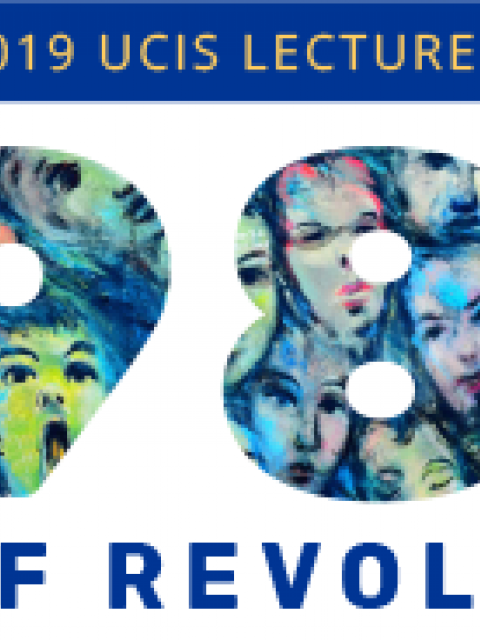Thirty years after the democratic transition in 1989, hybrid political cultures and peculiar, neither Western nor fully Eastern power practices seem to have taken root in the European semi-peripheries. Regional experts speak of de-globalization as the outcome of the emergence of populist and nationalist movements in both Western and Eastern Europe, and warn against the peculiar role the latter area might play—as it already did in the interwar period and during the Cold War—as a laboratory of authoritarian politics. This talk analyzes how, under prime minister Viktor Orbán, the former "model pupil" Hungary became the most visible and conceptually refined example of the rejection of liberal democracy, and provides some regional perspectives for how to tackle this challenge.
Dr. Stefano Bottoni received his Ph.D. in History from the University of Bologna in 2005. Currently a Senior Lecturer at the University of Florence, he was previously Senior Fellow at the Institute of History in the Hungarian Academy of Sciences (2009-2019). His main fields of interest include the political and social history of Eastern Europe under the socialist regimes. His publications include The Long Awaited West. Eastern Europe since 1944 (Bloomington: Indiana University Press, October 2017), and Stalin’s Legacy in Romania. The Hungarian Autonomous Region, 1952-1960 (Langham: Lexington Books, Harvard Cold War Series Book Series, 2018).
